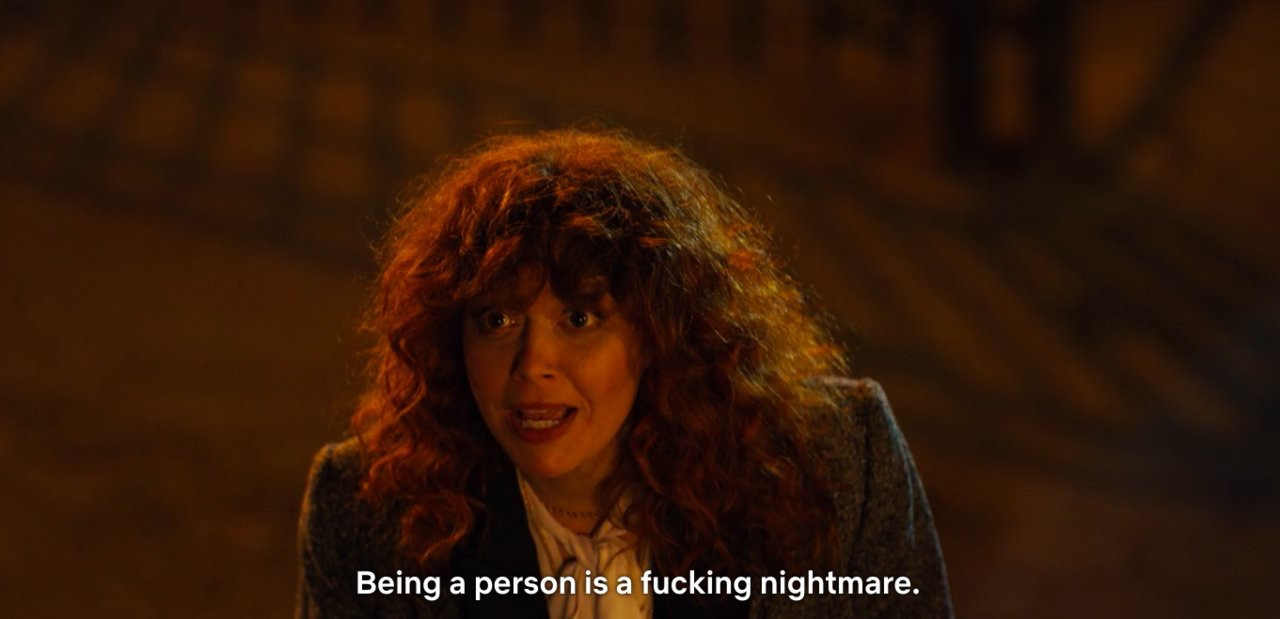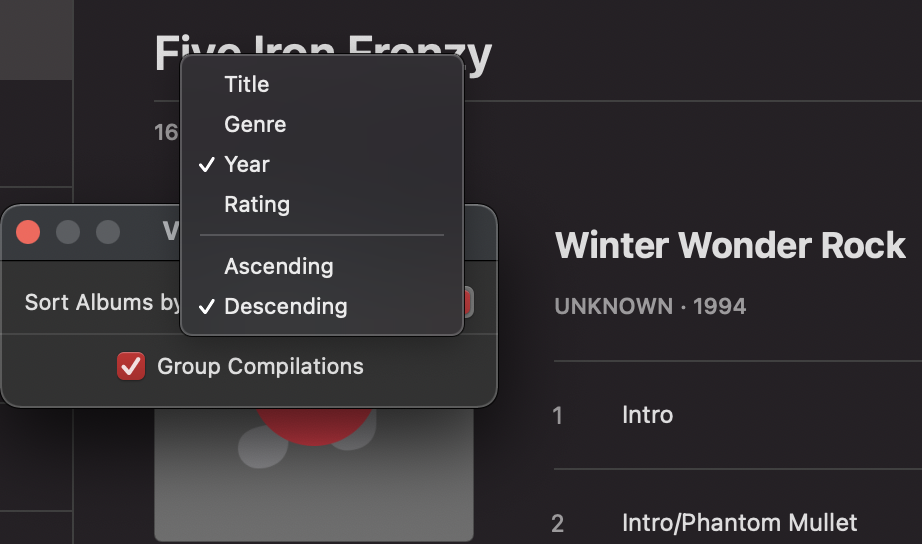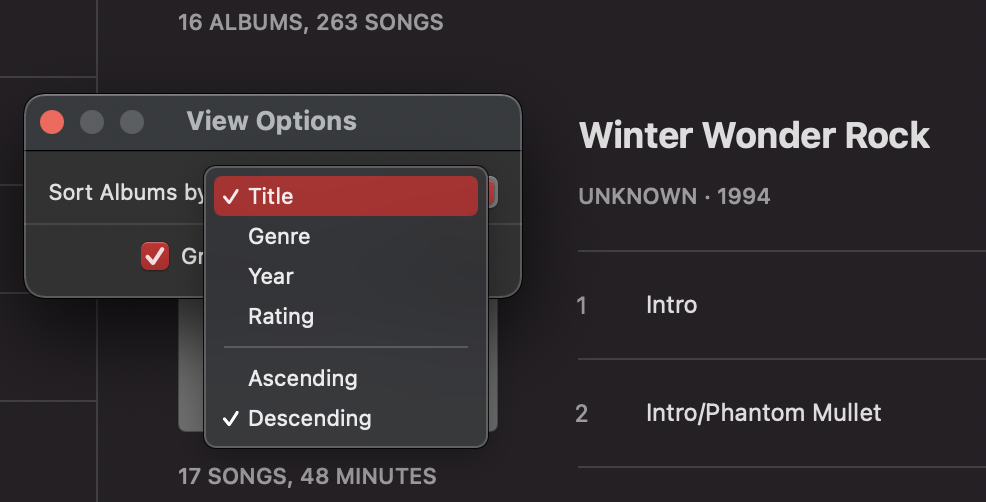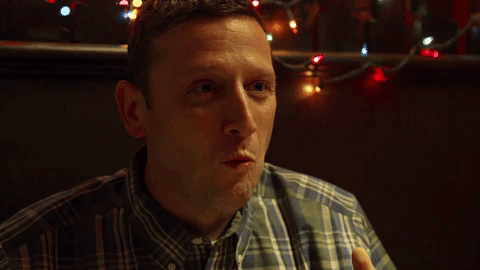I feel like I need to think a little more about the specifics here, but when Orson Welles said:
H.J.: In the old days, all those big deals were made on a handshake. With no contract. And they were all honored.
O.W.: In common with all Protestant or Jewish cultures, America was developed on the idea that your word is your bond. Otherwise, the frontier could never have been opened, ’cause it was lawless. A man’s word had to mean something. My theory is that everything went to hell with Prohibition, because it was a law nobody could obey. So the whole concept of the rule of law was corrupted at that moment. Then came Vietnam, and marijuana, which clearly shouldn’t be illegal, but is. If you go to jail for ten years in Texas when you light up a joint, who are you? You’re a lawbreaker. It’s just like Prohibition was. When people accept breaking the law as normal, something happens to the whole society. You see?
It kind of goes a long way to explaining the persistent state of disagreement, distrust, and madness in our country, doesn’t it? Maybe it wasn’t really better before Prohibition, probably on “the frontier” things were dirtier and distrustful in different ways, but there is something awful about walking around with the knowledge your whole life that things which should be legal aren’t, and things which are perfectly natural are illegal or discouraged with extrajudicial violence. And that you can live perfectly decently, and never get ahead, while people who are clearly immoral and on the take just grow in power. It’s enough to drive ya batty!!!






